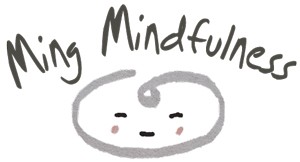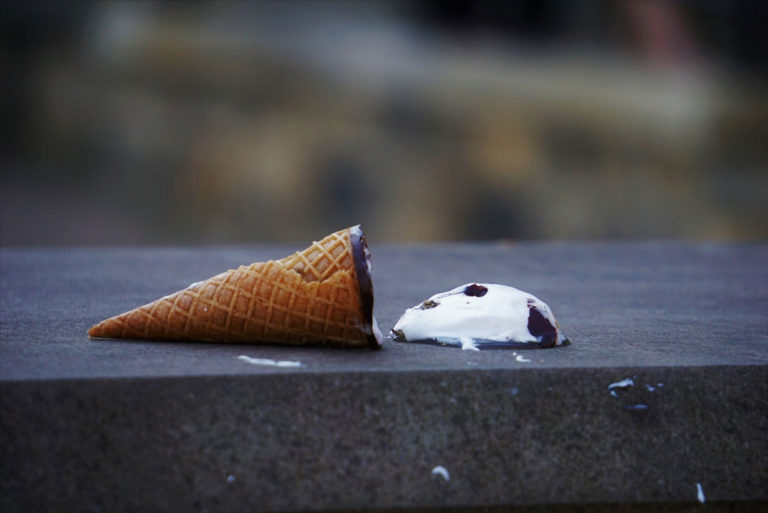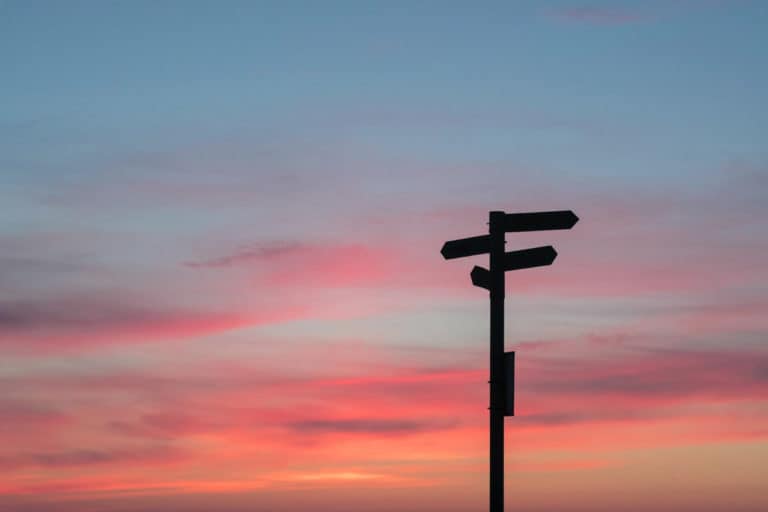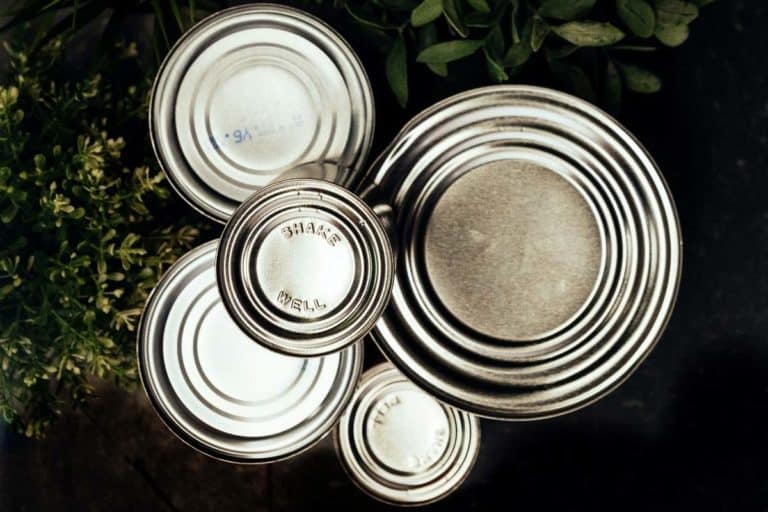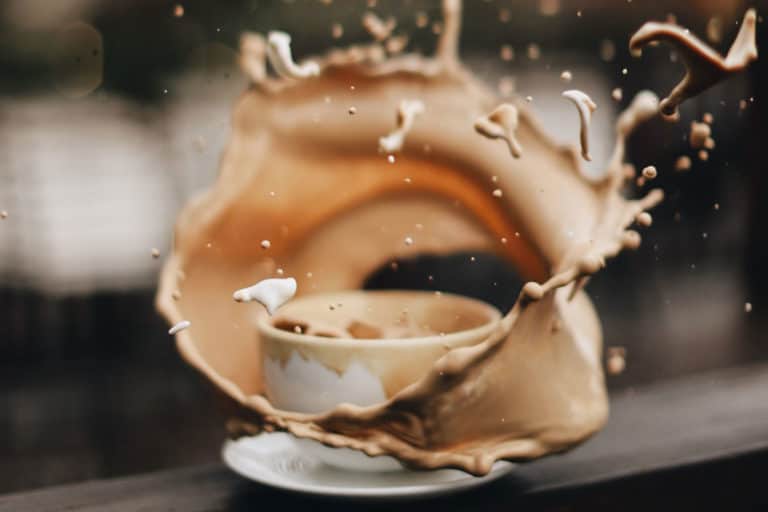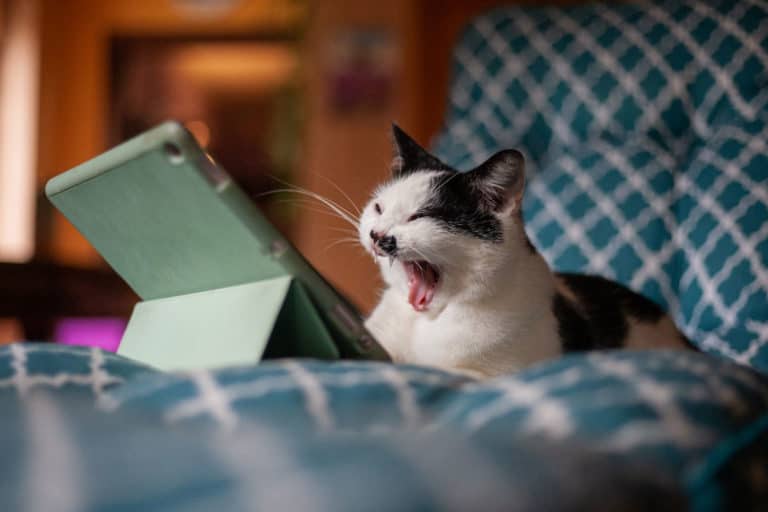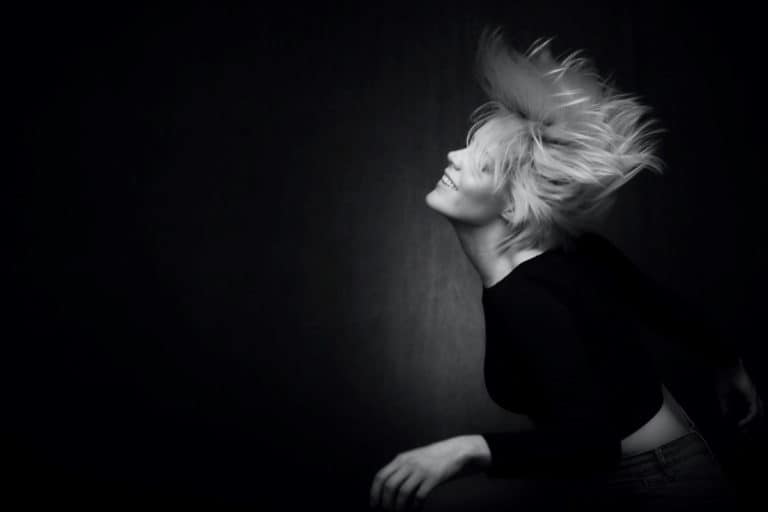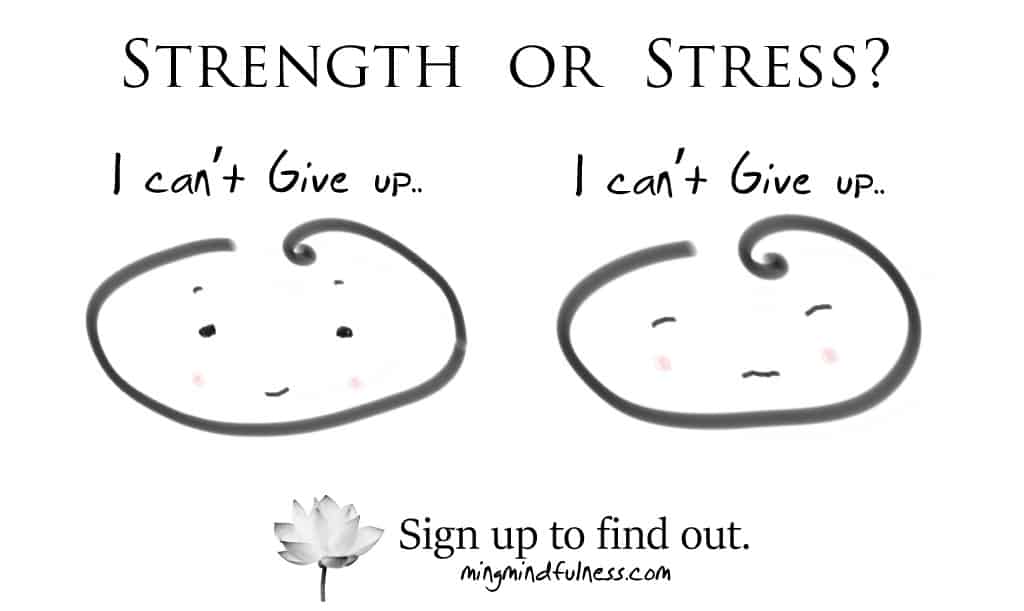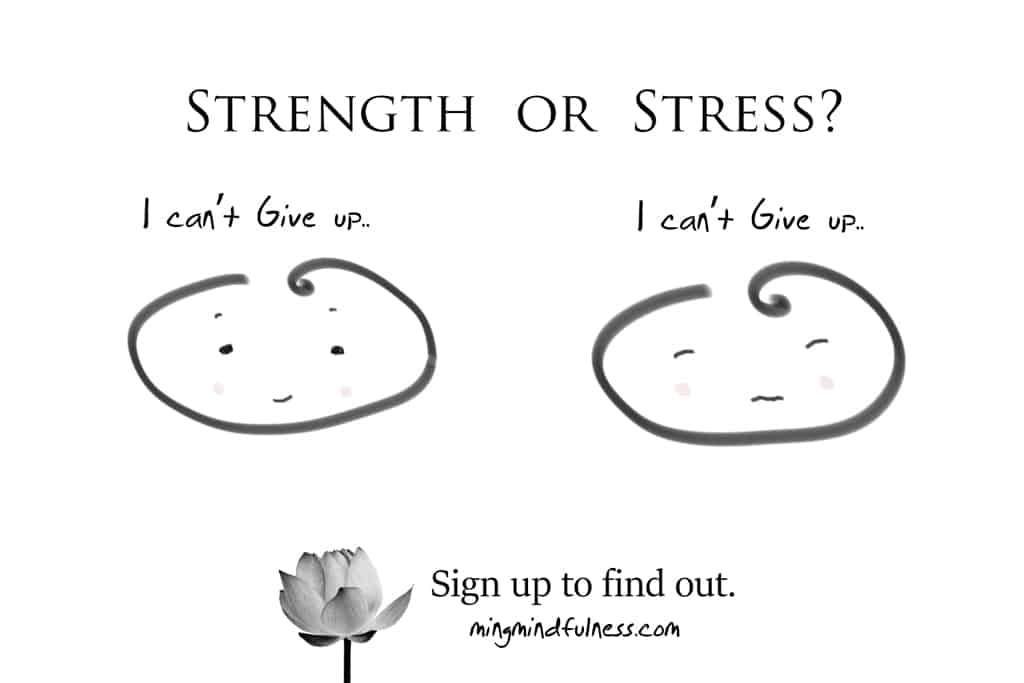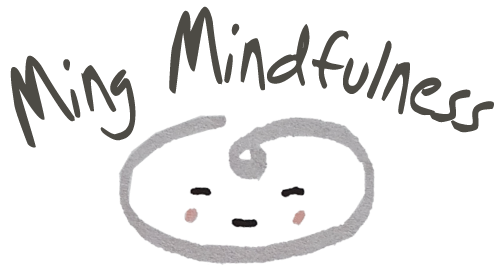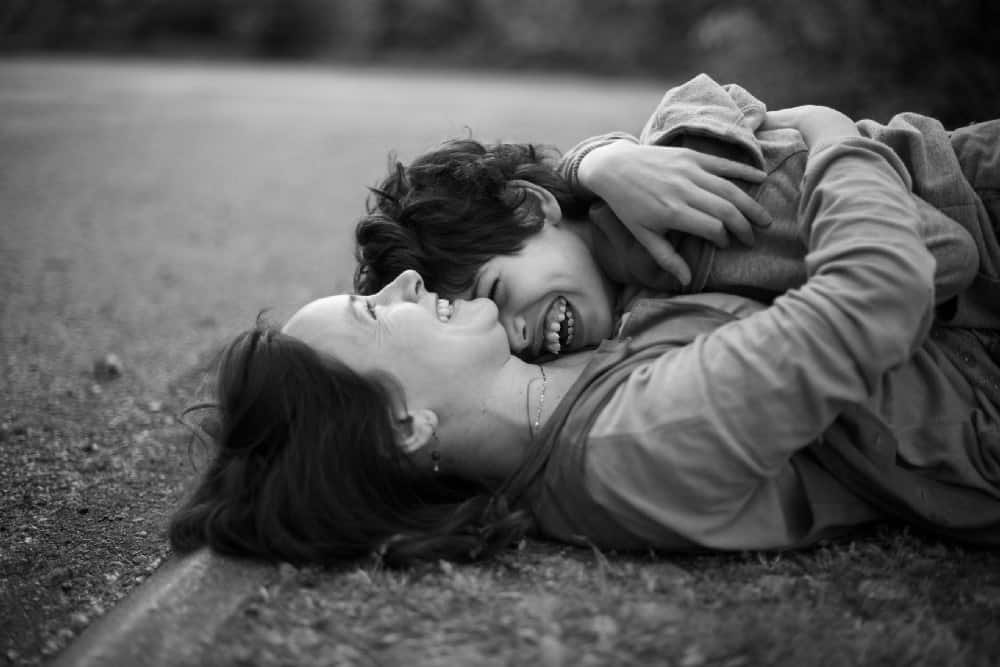
Photo by Laïa-Clarisse on Unsplash
I am a huge advocate for mindful and conscious parenting — that one should be aware moment-to-moment in their choices and responses as a parent. And when one isn’t, one should actively reflect on one’s own needs and reactions. I do understand it’s extremely hard; the choices facing parents daily are many times both delicate and extremely unclear. But my patience does run thin quickly if one repeatedly ignores the feedback, emotional outbursts or blames it on others.
At some point, I began to believe that most of the pain people are holding are caused by a wounded childhood. For all the “sorries” that were not said, the love that was craved but not given, and the barrage of betrayals and disappointments that scarred a child forever. Hence, I also began to believe that adults, be it parents, caregivers or teachers, need to buck up. If not, generational pain and dysfunctions cannot be lifted, and we would be perpetuating it with our persistent ignorance and inaction.
This narrative picked me up well the last time I fell into a hole of darkness. I was a wounded child who became a parent. I shall now heal my own woundedness so that my child will never be wounded like me. It felt good to be empowered again. It felt good to find purpose in healing my own wounds with the belief it would heal the next generation. I still believe it deep down in a certain way. Perhaps a little too identified with it. And how do I know? Well…
Anything you hold too tightly lashes back at you.
Recently, I was confronted very blatantly in my face, that my child isn’t coping very well socially in a new school environment, with very apparent anxiety symptoms. I would listen to talks and relearn what I know about anxiety, and thought that there must be something that I could do. But I would not be able to shake off the questions by anyone who might vaguely suggest that it’s possibly my fault.
“Is she the only child?”
“How was her childhood like?”
“Was there anything that happened?”
It stabbed at my heart to feel the shame. It crawled in my skin to sense the extremely heavy disappointment in myself, like someone was shredding me to pieces. The body tells me I am clenching too tightly. A strong resistance and rejection to what is happening, that was the other sign.
And of course, the incessant thoughts. At what point do you draw the line of your responsibility? At what point can one recognize you did your best? In fact, what else could I have done? I mean, I took on positive psychology, a master’s program, and possibly half a dozen other personal development courses just so that I can be a complete person as a parent. Have I been chasing nothing? And finally, after all these years, have I succeeded at all in lessening my resentment for what my parents did or did not do? Which ultimately brought me to the persistent question that I have never answered —
“Is all that I am today because of what my parent did or chose?”
I didn’t need to have an answer to see my triggers clearly.
It became clear that I held on this narrative strongly, because unwittingly I have used it to protect myself. Without my daughter, I might have lost my inherent value as a person. Without blaming my parents, I could not hold my pain.
So this person can die now… (now don’t go picking up the phone to dial for help) I meant this metaphorically but no less importantly. I can let this person die. An identity that I have unconsciously held on to for far too long. It helps that it’s not the first time I died. It’s devastating each time, but it seemed like the recovery does get shorter too. It’s ok to fall apart indeed. Breaking it open when it didn’t serve anyone anymore.
My daughter doesn’t need a self-righteous mum who expects her to be well and perfect just because she thinks she did everything right, even if that right thing looks all spiritually conscious and absolutely woke. My daughter needs a mum who holds her hand when she is sad and anxious because this is the most human thing to do. I think that is the hole we accidentally fall into whenever we begin to hold a well-meaning intention too tightly. Instead of growing with changing situations, we become threatened instead.
A holding too tight is a holding too tight, no matter how correct or justified that belief might be. What does it mean to fully embrace falling apart, making mistakes, and faltering, not just for me, but also for my child? The thing is I thought I knew this before, but I sense that I know it a little deeper now. The beauty of committing to understanding our inner world is that the exploration is boundless and unexpected, no matter how many times you think you ‘know’… which is why it also helps to not hold anything too tightly.
Ultimately everything that is useful at one point would face the end of its runway. I could hold on to it and let it die with me when I actually die. Or I could let it die now, and rediscover once again, what it means to be this human being. Let go of the parts of you that are supposedly protecting you and keeping you safe. Let them die and disappear when they don’t serve you or others anymore.
The lessons of impermanence, non-judgement, non-attachment, compassion, forgiveness, allowing, love all in one.
Go lighter and lighter.
Hold hands.
Hug… cry.
Love deeply without the woundedness, the blaming, the over-compensating.
Love deeply without holding too tight.
